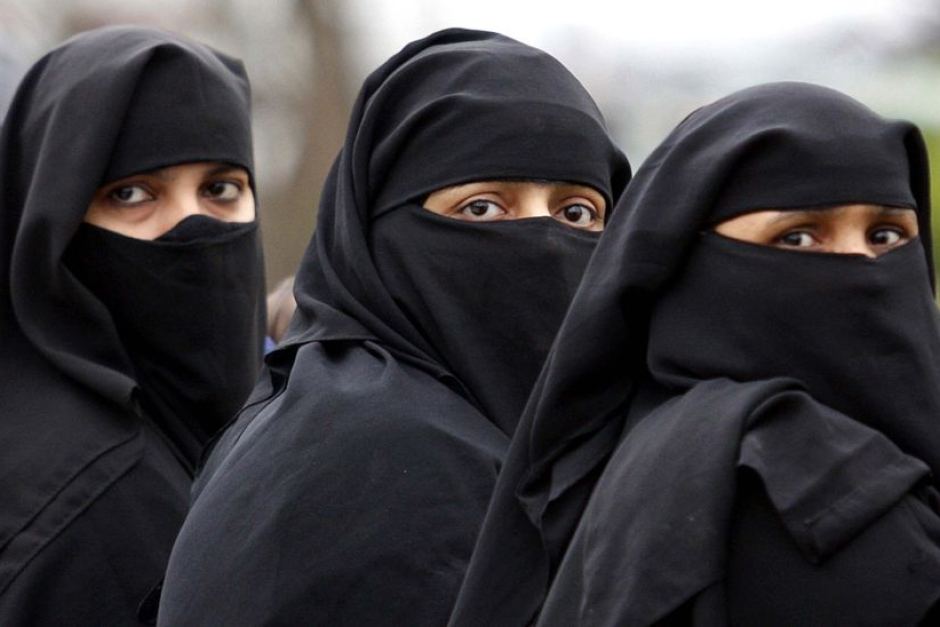
RNA - On Friday, the Nice administration barred apparel that "overtly manifests adherence to a religion,” arguing that France is now the target of terrorist attacks.
The order made a reference to last month’s deadly attack in Nice during the country’s national holiday, which was claimed by the Takfiri Daesh terrorist group.
On July 14, a truck driver plowed through a Bastille Day crowd in the French city, killing 86 people and wounding 200 others. The assailant, who was later shot dead by police, was identified as 31-year-old Franco-Tunisian Mohamed Lahouaiej-Bouhlel.
Several other cities on France's Mediterranean and Atlantic coasts have banned the burkini this summer, including film festival host city Cannes.
Earlier this week, Nice's deputy mayor Christian Estrosi wrote in a letter to Socialist Prime Minister Manuel Valls claiming that "hiding the face or wearing a full-body costume to go to the beach is not in keeping with our ideal of social relations.”
Recently, the premier also came out in support of the local burkini bans, claiming that the swimsuit reflects an “archaic vision” of women and is “not compatible with the values of France.”
However, France's Human Rights League accused Valls of "participating in the stigmatization of a category of French people who have become suspect by virtue of their faith.”
France was the first European country to ban the Islamic face veil in public in 2010, six years after outlawing the headscarf and other religious symbols in state schools there.
Elsewhere in Europe, Izzedin Elzir, the imam of Italy’s Florence posted on his Facebook page on Friday a picture of a group of eight nuns, veiled and dressed in their habits, on a beach.
Elzir, who is also president of the Union of Islamic Communities of Italy (UCOII), said he posted the photo "to respond to those who say that... western values are different in the way people dress and cover their body,” adding, “Christian roots are also derived from people who cover themselves almost completely."
Additionally on Friday, German Interior Minister Thomas de Maiziere proposed partially banning the full-face burqa Islamic veil. The initiative came one day after Foreign and Integration Minister Sebastian Kurz called for a similar measure.
111/847/C